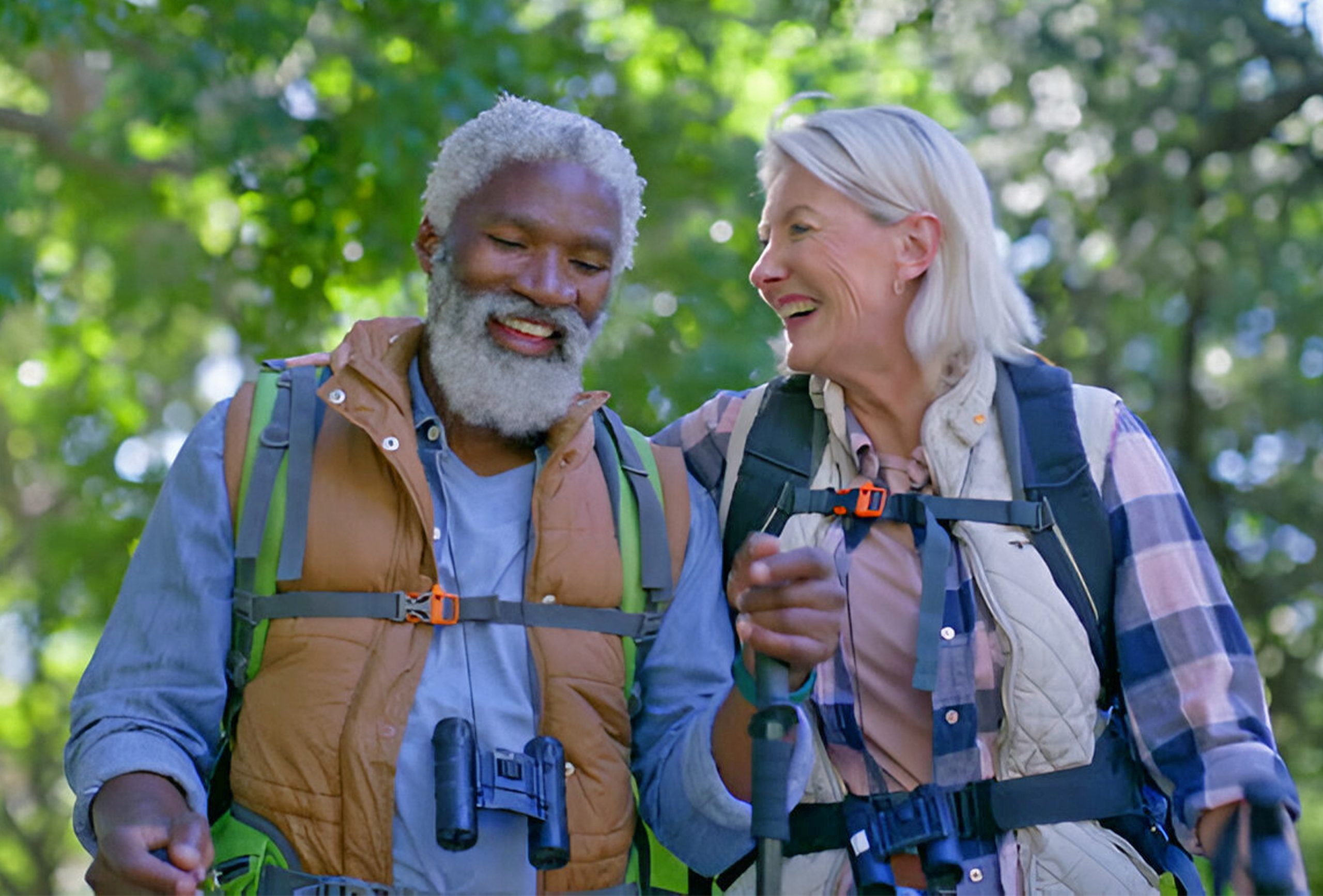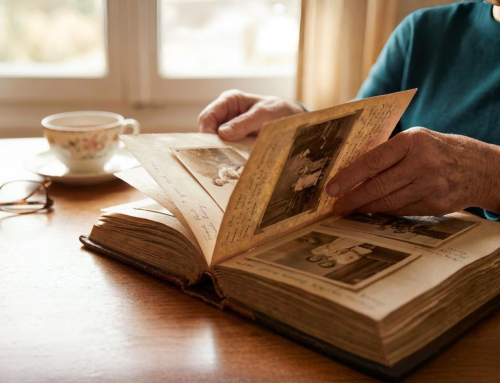By Dr. Jeremy Holloway
| April 17, 2025
There’s good news and some surprising insights when it comes to staying healthy as we age.
Older adults often hear about “healthy aging,” but what does that really mean? Does it mean staying as active as possible? Eating the “right” foods? Making sure you don’t forget where you left your glasses? (Which, if you’re anything like me, you may find in the fridge next to last night’s leftovers.)
The reality is, aging well isn’t about just one thing—it’s about a few core principles that have a major impact. The Institute for Healthcare Improvement (IHI) and the John A. Hartford Foundation have distilled this into what they call the 4Ms framework: What Matters, Medication, Mentation, and Mobility.
And trust me, this isn’t just some bureaucratic checklist. These four principles can make all the difference in how you feel, move, and engage with the world around you. Let’s break it down.
- What Matters: The Power of Prioritization
What really matters to you? Not what your doctor thinks, not what your family insists on, but what truly makes you feel fulfilled?
Maybe it’s spending more time with grandkids, continuing a beloved hobby, or traveling. Research shows that when healthcare is aligned with your personal goals and values, health outcomes actually improve.
So, next time you visit your doctor, don’t just sit back and nod along. Speak up about what matters most to you. Want to avoid a certain treatment? Prefer a different approach? Say so. Your health should be built around your life—not the other way around.
- Medication: Less Is More
Raise your hand if you’ve ever looked at your prescription list and thought, Why am I taking all of these?
You’re not alone. Nearly half of older adults take five or more medications daily, and many of these can cause dizziness, confusion, or even falls.
The Beers Criteria (yes, that’s the actual name) outlines medications that may be risky for older adults. It’s worth having a chat with your doctor about deprescribing—which is just a fancy word for cutting out unnecessary meds.
Bottom line: The fewer medications you take, the lower your risk of side effects.
- Mentation: Protect Your Brain
Brain fog? Forgetfulness? Struggling with focus? These aren’t just “normal parts of aging.” Cognitive health is just as important as physical health, and the good news is, you can do a lot to keep your brain in shape.
Depression, dementia, and delirium are major concerns, and they’re all connected. Physical activity, social engagement, and mental stimulation can help ward off cognitive decline.
Some practical brain boosters?
- Learn something new (a language, an instrument, a new card game—your choice).
- Stay socially active—texting counts, but in-person interaction is even better.
- Keep moving (more on that below).
- Mobility: Move Every Day, No Excuses
This one is simple: If you stop moving, you stop moving.
Older adults who stay active maintain their independence longer and dramatically reduce their risk of falls. And falls, as you probably know, can be life-altering.
If you’re able, walking just 30 minutes a day can work wonders. Struggling with balance? There are great mobility assessments like the Timed Up & Go test to help identify risks. Physical therapy can also be a game-changer.
The Bottom Line
The 4Ms framework isn’t just another healthcare buzzword—it’s a research-backed approach to living a healthier, more fulfilling life as you age.
So, next time you’re thinking about your health, ask yourself:
✅ Am I focusing on what matters most to me?
✅ Are my medications actually helping me, or could I do without some?
✅ Am I keeping my mind sharp?
✅ Am I staying mobile and active?
Aging well isn’t about avoiding every possible health issue—it’s about making the most of the years ahead. And that starts with taking control of your health today.
Want to learn more about the 4Ms? The Institute for Healthcare Improvement has plenty of resources to help you get started.
Now, if you’ll excuse me, I need to go check the fridge for my glasses.






